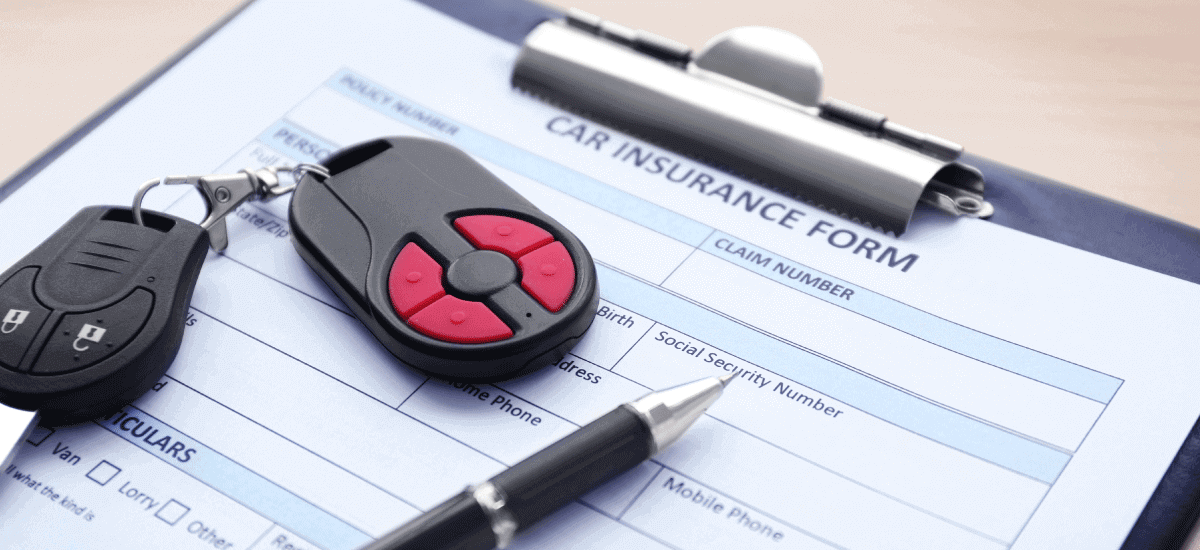Beyond basics- Exploring the finer points of car insurance

When shopping for car insurance, one important factor to consider is the deductible. This is the amount you agree to pay out-of-pocket before your insurance coverage kicks in after an accident or loss. Typically, policies with higher deductibles have lower monthly premiums, while those with lower deductibles cost more each month. It’s important to select a deductible that fits your budget and risk tolerance.
Collision vs. Comprehensive coverage
While most states require liability insurance to legally drive, collision and are optional coverages that provide important protections. Collision insurance covers damage to your vehicle resulting from a collision with another car or object, regardless of who is at fault. Coverage protects you from losses caused by incidents other than collisions, such as theft, vandalism, falling objects, fires, floods, and hitting an animal. If you lease or finance your vehicle, your lender will likely require both collision and comprehensive. But even if you own your car outright, these coverages are worth considering, especially if your vehicle is newer or more valuable.
Motorist protection
Even though auto insurance is mandatory in most states, not all drivers carry sufficient coverage. Uninsured/underinsured motorist protection safeguards you if you’re in an accident caused by a driver with no insurance or inadequate limits to cover the damage they caused. This coverage will help pay for medical bills, lost wages, and other losses you incur. Some states require uninsured/underinsured motorist coverage, while in others it is optional. However, given the high costs from an accident with an uninsured driver, this coverage is generally recommended for most motorists.
Rental car coverage
how much is car insurance a month? If your insurance for a car is being repaired due to a covered loss, such as an accident or vandalism, rental reimbursement coverage will help pay for a rental car in the meantime. This coverage is entirely optional, but it proves very convenient and cost-effective if you depend on your vehicle and would need a replacement while it’s in the shop. Be aware that this coverage generally has daily and per-incident limits. Also, you may still need to purchase additional insurance from the rental car company for damage to the rental vehicle itself.
Factors affecting your rates
Auto insurance premiums are based on a variety of factors that insurers use to gauge the likelihood you’ll file a claim. Some are outside of your control, like age, gender, and location. But other key factors be influenced by your choices and behavior. Maintaining a clean driving record free of accidents and moving violations will generally entitle you to lower rates. Your car also makes a difference, as some vehicles are more costly to insure than others due to their price, safety features, and susceptibility to damage or theft.
Shopping for the best rates
Auto insurance is a highly competitive industry, and rates between carriers. That’s why experts recommend getting quotes from multiple insurers when purchasing a policy and at each renewal. Comparing several options allows you to find the best combination of price and coverage for your needs. Keep in mind that the cheapest policy isn’t necessarily the best. You’ll want to make sure you have sufficient coverage and that the company has a good reputation for customer service and claims handling. Look for an insurer that offers the right protections at a competitive price, with reliable service to back it up.








